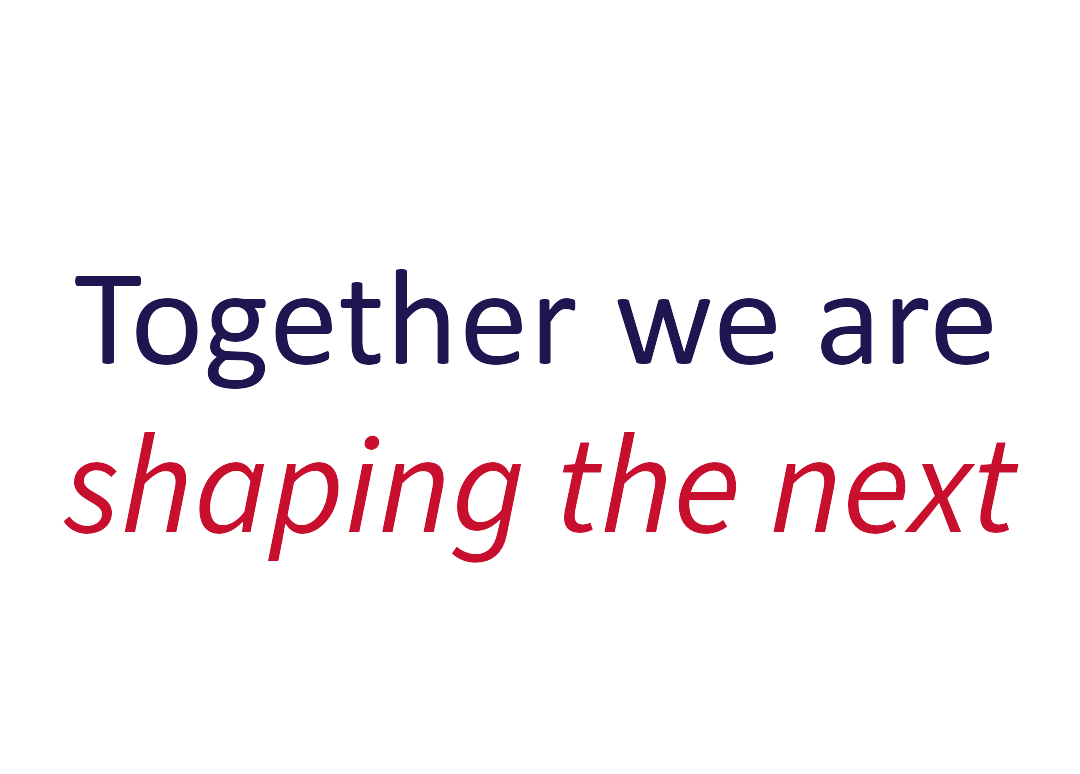Who we are
Analysys Mason is a global technology, media and telecoms management consulting firm.
We provide bespoke strategy, transaction, transformation, regulation and policy consulting, in combination with research and insights delivered by a dedicated, globally respected analyst team.
We help clients to make and act on the decisions that steer their progress and connect our world, and we help them navigate complex transformation journeys.

Our history
Our purpose and mission
Our vision is to be the leading authority and catalyst for digital change, connectivity and inclusion.
We are committed to a sustainable, connected future – contributing to a world where technology delivers for all. Together we are shaping the next.

Meet the Analysys Mason team
Our offices



